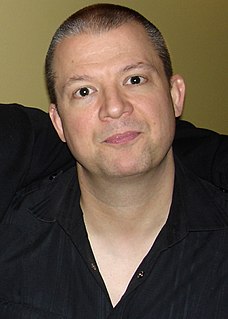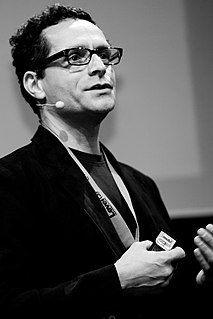A Quote by Vint Cerf
Google Apps for Education is a suite of applications intended to be helpful to higher level educational institutions, but in the long run, I think Google has a role to play in helping to assemble relevant content for classroom use.
Related Quotes
I do want to emphasize that we've seen an explosion in the use of Google Maps and Google Earth for education. The earth is a special place. It is our home and it's why we're all here. And the ability to see what's really going on the earth, the good stuff and the bad stuff, at the level that you can, is phenomenal.
I wish that Google would realize its own power in the cause of free speech. The debate has been often held about Google's role in acceding to the Chinese government's demands to censor search results. Google says that it is better to have a hampered internet than no internet at all. I believe that if the Chinese people were threatened with no Google, they might even rise up and demand free speech - free search and links - from their regime. Google lives and profits by free speech and must use its considerable power to become a better guardian of it.
I'd love if Google ran my cable or phone company. Instead of making their businesses out of telling us what we can't do, GT&T would recognize the benefit of helping us do what we want to do: use the internet more and create more of our own stuff. Google might even figure out how to make connectivity ad-supported and free. Sadly, though, I think Google knows what it is and won't expand into other industries, even if it would be good at running a cable or energy or phone company.
Google’s objective is to organize the world’s information and to make it accessible. Unicode plays a central role in this effort because it is the principal means by which content in every language can be represented in a form that can be processed by software. As Unicode extends its coverage of the world’s languages, it helps Google accomplish its mission.
I think it's very important to emphasize that there are many, many different educational institutions in what we call higher education, and they educate an enormous diversity of students. I think all of those institutions have to define particular roles for themselves; they can't do everything at once.
Google Now is one of those products that to many users doesn't seem like a product at all. It is instead the experience one has when you use the Google Search application on your Android or iPhone device (it's consistently a top free app on the iTunes charts). You probably know it as Google search, but it's far, far more than that.



































